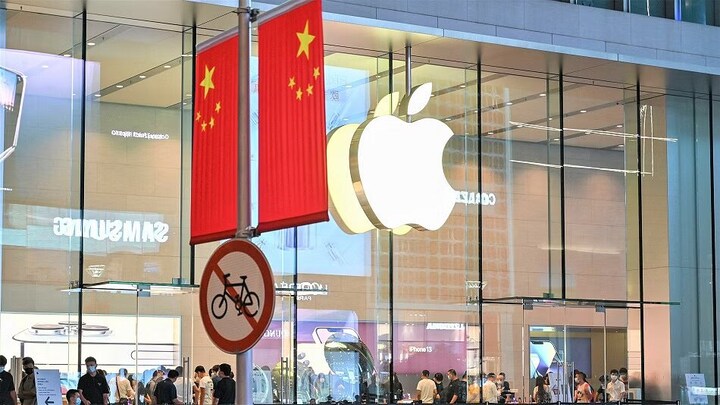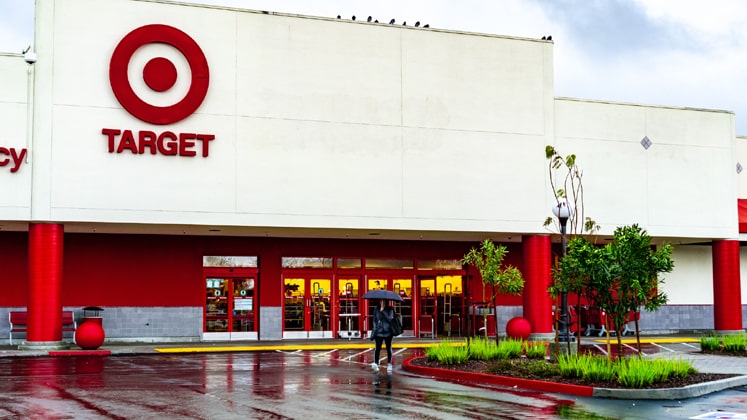Apple Plans Major Retail Push With New Stores Across China, US
Apple will not just refurbish its current stores but will additionally build new ones in an attempt to reenergize its offline retail footprint throughout the world.
When referring to its actual retail locations, Apple hardly totally disappears; instead, it frequently updates, modifies, or even adds new sites. However, the corporation will concentrate on reviving the in-person purchasing experience during the span of the following four years.

Bloomberg describes the business’s efforts to embark on a more aggressive push into China as well as remodeling several sites in the US in an article recently published detailing Apple’s prospects for retail locations. Apple has ambitions for Paris and London so it won’t just overlook Europe.
Also Read: WhatsApp to bring screen sharing to Android phones
In addition to five brand-new shops in Europe including the Middle East, four newest shops in the United States alongside Canada, and an overall 15 more retail locations in the Asia-Pacific area, Apple is apparently in talks to open these new stores.
Regarding the refurbishments, the source claims that Apple will move or modify 13 locations in North America, about six in Asia, as well as nine in Europe. In total, this would mean that during the next four years, Apple will be constructing 53 new, relocated, or renovated stores.
If the preparations for real retail outlets go according to plan, Apple will achieve a minimum of a single goal along the way. This includes establishing three stores in India and building its first outlet in Malaysia, in Kuala Lumpur.
Apple is aiming to establish an additional location close to Battersea Power Station situated in London in addition to upgrading the Opera shopping area in Paris.
According to reports, an additional store will open in Miami, Florida, along with Apple may open a new retail location in Shanghai’s Jing’an Temple Plaza.
Also Read: Crypto exchange Gemini to soon operate in the UAE
A refurbishment is anticipated for the Shinsaibashi site of the future store, which is also scheduled to open in Osaka which is the Grand Front Plaza mall in Japan. According to the report, several of these situations are currently in the debate stage as they work with plans and estimates.
Given this, it’s probable that Apple’s bold intentions for its physical shop footprint won’t turn precisely as they are described here.
In Tysons Corner, Apple officially opened its first Apple Store ever to exist in the United States. The newly opened shop is not distant from the old one, but it has a completely different design and greater room for customers.

I am a student pursuing my bachelor’s in information technology. I have a interest in writing so, I am working a freelance content writer because I enjoy writing. I also write poetries. I believe in the quote by anne frank “paper has more patience than person



